detail profile david mich c3 b4d
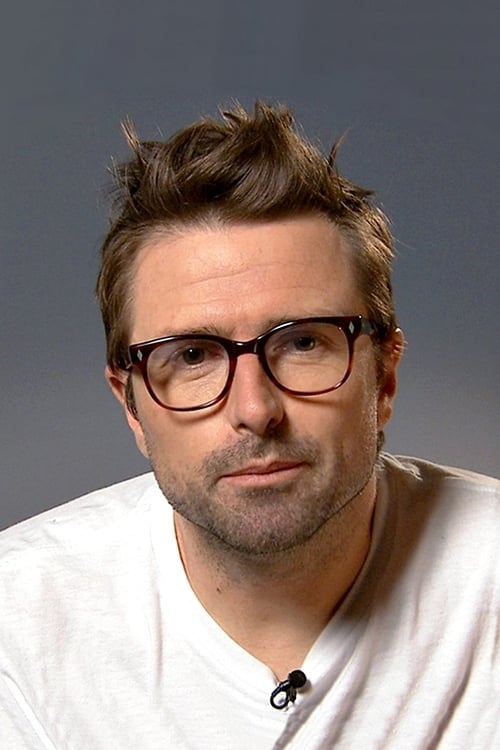
Riwayat Hidup
David Michôd (/ˈmɪʃoʊ/ MISH-oh;) is an Australian film director, screenwriter, producer, and actor.
He is best known for directing the critically acclaimed crime drama Animal Kingdom (2010) and dystopian drama The Rover(2014).
He also co-wrote Hesher (2010).
Description above from the Wikipedia article David Michôd, licensed under CC-BY-SA, full list of contributors on Wikipedia.
Info Pribadi
Peran Yang Di Mainkan David Michôd
 Behind the scenes look at David...
Behind the scenes look at David...Something Elemental: Making 'The Rover' 2014
Behind the scenes look at David Michôd's 2014 film 'The Rover'.
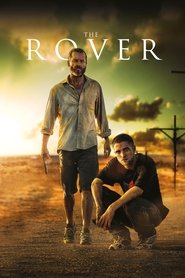 Ten years after a severe economic...
Ten years after a severe economic...The Rover 2014
Ten years after a severe economic collapse in the western world, lawlessness reigns and life is cheap. Eric is a lone drifter, and his car is his only possession. When a gang steals it, Eric comes across the injured Rey, left behind by the car thieves. The pair form an unlikely and uneasy alliance.
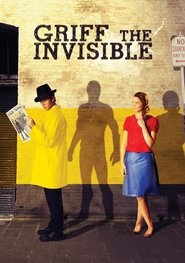 Griff office worker by day superhero...
Griff office worker by day superhero...Griff the Invisible 2011
Griff, office worker by day, superhero by night, has his world turned upside down when he meets Melody, a beautiful young scientist who shares his passion for the impossible.
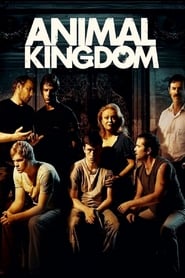 Joshua J is taken in by...
Joshua J is taken in by...Animal Kingdom 2010
Joshua “J” is taken in by his extended family after his mother dies of an overdose. The clan, ruled by J’s scheming grandmother, is heavily involved in criminal activities, and J is soon indoctrinated into their way of life. But J is given a chance to take another path when a cop seeks to help him.
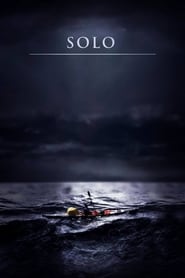 Michd and Peedoms hourlong documentary recounts...
Michd and Peedoms hourlong documentary recounts...Solo 2008
Michôd and Peedom's hour-long documentary recounts the tale of Andrew McAuley, an Australian adventurer who, in 2006, launched a quest to become the first person to paddle a kayak across the treacherous Tasman Sea, one of the loneliest and toughest stretches of water in the world.
 Ray a construction worker trapped in...
Ray a construction worker trapped in...The Square 2008
Ray, a construction worker trapped in an unhappy marriage, pursues an affair with his neighbor, Carla. Carla's husband, Greg, is a mobster who keeps large sums of drug money in their home. With this in mind, Carla comes up with a plan: She and Ray will steal Greg's money, burn down her house, convince Greg the money was lost in the fire and then run away together. Carla's scheme, however, doesn't go off as planned.
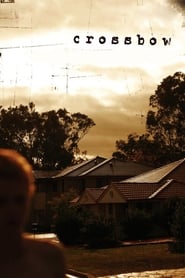 In Crossbow the spoiler is right...
In Crossbow the spoiler is right...Crossbow 2007
In Crossbow the spoiler is right in front of you, there in the title. A crossbow is an anachronistic device and does not, at least in my mind, lend itself well to analogy or metaphor. In spite, or, more accurately, precisely because this ominous title hangs over the very start of viewing, the short film remarkably sustains a growing dread throughout its languid narration and slow-moving, though arresting visuals; maximizing its force not through the promise of surprise but through the inevitability of its conclusion.
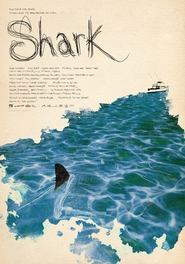 His first girlfriend was hit by...
His first girlfriend was hit by...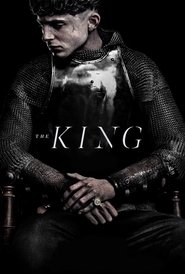 England 15th century Hal a capricious...
England 15th century Hal a capricious... A rock star general bent on...
A rock star general bent on...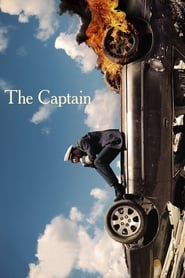 A hungover plane captain wakes up...
A hungover plane captain wakes up...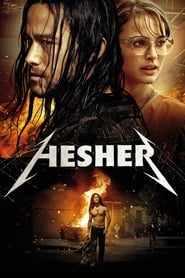 A young boy has lost his...
A young boy has lost his...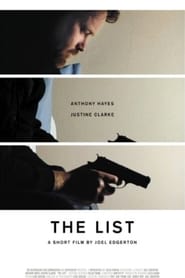 After making wrong choices Dale has...
After making wrong choices Dale has...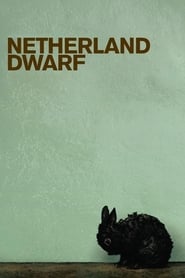 Harry really wants a rabbit Harrys...
Harry really wants a rabbit Harrys...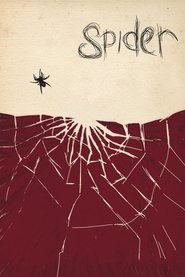 A young man tries to make...
A young man tries to make...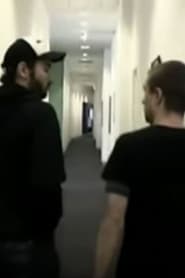 With 4 weeks and a budget of 5000...
With 4 weeks and a budget of 5000...